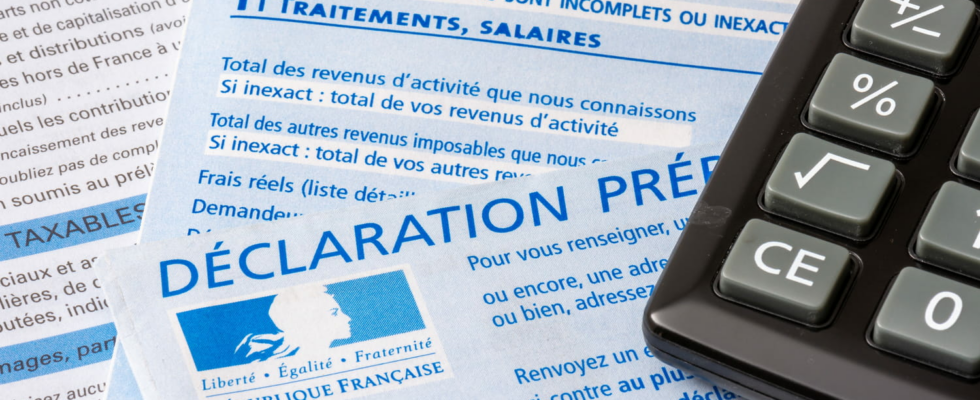The 2025 state budget raises many concerns among taxpayers, due to the planned tax measures. Good news, the main tax in force could fall for certain households.
As France’s financial situation is delicate, Michel Barnier’s new government is studying different avenues to rebalance public finances. Among the measures envisaged, tax increases are notably mentioned for businesses and individuals. However, the main tax affecting the middle and working classes should evolve in a favorable direction.
Indeed, the Draft Finance Law (PLF) for 2025, commonly called “the budget”, contains a particularly anticipated measure: the revaluation of the progressive scale of income tax. As takes over from Capitalthe Government therefore proposes to maintain the indexation of this scale to the level of inflation, at 2% therefore, contrary to the idea of a temporary freeze mentioned.
This decision would automatically lead to an increase in the entry threshold in each tax bracket. Concretely, this means that tax households whose income has remained stable or increased by less than 2% between 2023 and 2024 will see their income tax decrease in 2025. This measure aims to limit the impact of inflation on the household purchasing power.
The expected gains are obviously not astonishing, but could constitute a significant boost for certain households. According to our estimates, for a single person without children declaring a net taxable income of €26,000 per year, the difference would only be -€25 between their 2024 and 2025 income tax.
For a couple, still without children, declaring annual taxable income of €70,000, the delta would then rise to -€269. On the other hand, the beneficial effect of the revaluation of the income tax scale is diminished for households with children, who benefit from additional family quotient shares, half a share for each of the first two children, then a full share from the third.
Thus, a couple with two children declaring €70,000 in annual net taxable income would pay €3,898 in taxes in 2025 with the new scale, compared to €3,972 in 2024, a difference of only €74. However, the income tax of a couple with children is already very significantly reduced compared to that of a couple without children with the same income, this difference is understandable.
To further optimize their tax situation, taxpayers can also explore different avenues: opt for the real expenses regime rather than the flat-rate deduction, check that all deductible expenses are taken into account, or even subscribe to a Retirement Savings Plan (PER), are all solutions to study, although this last investment must be made with caution.
